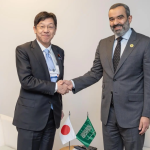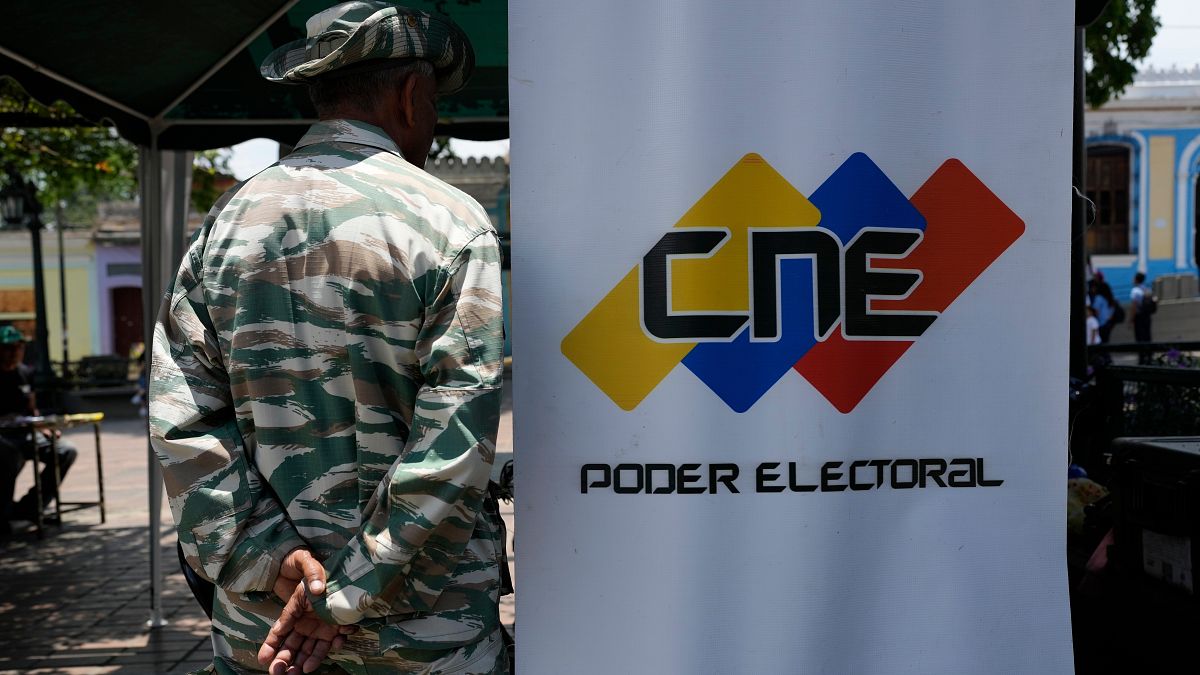The European Union’s invitation to observe Venezuela’s upcoming presidential election has been revoked by the country’s electoral authorities due to economic sanctions imposed by the EU. The head of the National Electoral Council cited the sanctions as the reason for withdrawing the invitation, stating that EU representatives are not welcome while sanctions against Venezuela are in place. The EU maintains sanctions against over 50 Venezuelans accused of repressive acts, but not against the government as a whole. The decision to revoke the invitation came after the EU temporarily lifted sanctions against four officials linked to the electoral body ahead of the July 28 election.
In 2021, the EU accepted an invitation from Venezuelan officials to observe regional elections, which revealed election anomalies such as delays in voting centres, biased coverage for the ruling party, and the use of public resources to benefit pro-government candidates. Despite some improvements compared to previous elections, the regional contests were still marred by irregularities. The upcoming presidential election in Venezuela is set for July 28, with invitations extended to various organizations to observe the process. This follows an agreement signed last year between Maduro’s government and the US-backed Unitary Platform opposition coalition to work towards a free and fair election.
The agreement signed in Barbados aimed to improve conditions for a credible election, but Venezuela’s government has faced criticism for actions that challenge the accord. This includes blocking the candidacy of María Corina Machado, the president’s chief opponent, who won the coalition’s primary with overwhelming support but was prevented from running. As a result, the coalition is now supporting former diplomat Edmundo González Urrutia as their candidate for the upcoming election. The situation highlights ongoing tensions between the government and opposition in Venezuela.
The EU statement called for the National Electoral Council to reconsider its decision to revoke the invitation, emphasizing the need for credible, transparent, and competitive elections supported by international observation. The EU has a long history of impartial observation and has expressed its willingness to monitor the electoral process in Venezuela. However, the revocation of the invitation raises concerns about the transparency and legitimacy of the upcoming election, especially given past election irregularities and restrictions on opposition candidates.
The withdrawal of the EU observation mission invitation reflects the ongoing international scrutiny of Venezuela’s electoral process and the government’s response to sanctions imposed by the EU. The decision to revoke the invite has sparked criticism and calls for reconsideration from the EU, highlighting the importance of international monitoring to ensure fair elections. The upcoming presidential election in Venezuela will be closely watched to assess the integrity of the process and the inclusivity of political participation in the country. As tensions persist between the government and opposition, the role of international observers in monitoring the election will be crucial in determining its credibility and transparency.











